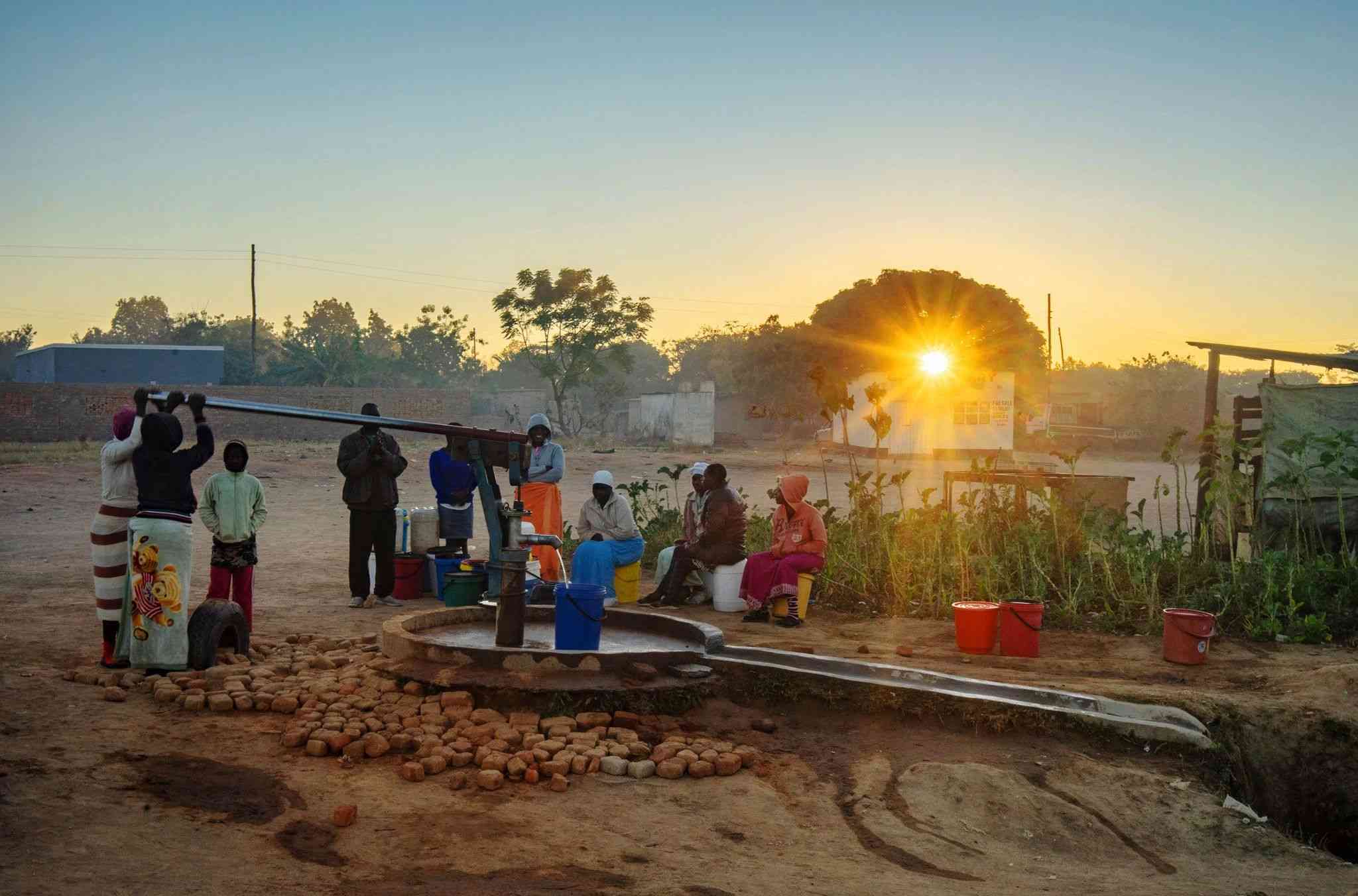
GOVERNMENT is proposing that civil servants contribute monthly for end-of-year holidays to promote domestic tourism, despite the workers wallowing in poverty.
This comes at a time when domestic tourism has been viewed as a low-hanging fruit by government as it seeks to grow the tourism sector to a US$5 billion industry.
Speaking during a media engagement in Harare yesterday, Tourism and Hospitality Industry minister Barbara Rwodzi said the government had been promoting domestic tourism since last year and needed to amplify that.
“You were talking about the Balancing Rocks, we have been advertising it for international tourists so that they go and see that place, but how many of us have visited that place?” Rwodzi said.
“We need to advocate a facility for civil servants through the banks, where they can pay every month throughout the year so that they can at least have even a weekend where they visit any domestic tourist destination. Every year, their families would know that they have a place that they visit as a family.”
Her suggestions come as civil servants earn around US$190 and a local currency component.
Before the reintroduction of the local currency, civil servants earned around US$550 in 2018.
Rwodzi said tourist destinations in the country were for Zimbabweans, yet very few had access to the places.
- Mavhunga puts DeMbare into Chibuku quarterfinals
- Bulls to charge into Zimbabwe gold stocks
- Ndiraya concerned as goals dry up
- Letters: How solar power is transforming African farms
Keep Reading
The minister said most domestic tourist destinations were too underdeveloped to attract investment, hence the need to boost the coffers of the Zimbabwe Tourism Fund through the initiative.
“If you look at the roads that lead to our tourist destinations, we can see that the roads are bad. If you look at the road that leads to the Balancing Rocks which you were talking about here, is it good? Who do you think is going to fix that road?
“It is not the city council, it is the Zimbabwe Tourism Fund. That place needs to be developed because there are no resting places or restaurants there. There is no bulk infrastructure that can attract investors, so we need to boost domestic tourism,” she said.
Out of the US$1,16 billion worth of tourism receipts earned last year, US$732 million was generated from international tourism and US$428 million from the domestic market.
Experts say domestic tourism remains low mostly due to exorbitant tourist packages offered around food, accommodation, travel and other related activities.
The push to drive domestic tourism comes when consumers are cutting monthly budgets to prioritise the family basket, workers are left with very little disposable income for tourism which is considered a leisure activity.
Government’s announcement to target civil servant salaries comes about a week after it also announced that backdated pension contributions will continue for the next two months on public sector wages.
Meanwhile, Rwodzi has also announced that preparations for the UN-Africa Gastronomy Tourism Forum to be held in Victoria Falls this month are at an advanced stage.
She said the media had a critical role to play in shaping perceptions and promoting Zimbabwe’s tourism industry during this period.
“As a ministry, we are grateful to each of the members who are here in the house today. Your presence here underscores the importance of our dialogue in fostering understanding, transparency, and collaboration between our ministry and the media,” Rwodzi said.
“For us, or for anyone to be confident about Zimbabwe, it is through the media. You also need to disseminate information about our destination, Zimbabwe, that tells everyone in the world that Zimbabwe is a safe destination. They can only believe what you write or can only believe what you say as the media.”
She said that the government would sign a memorandum of understanding with the UN Tourism to build a school of gastronomy in Zimbabwe.







